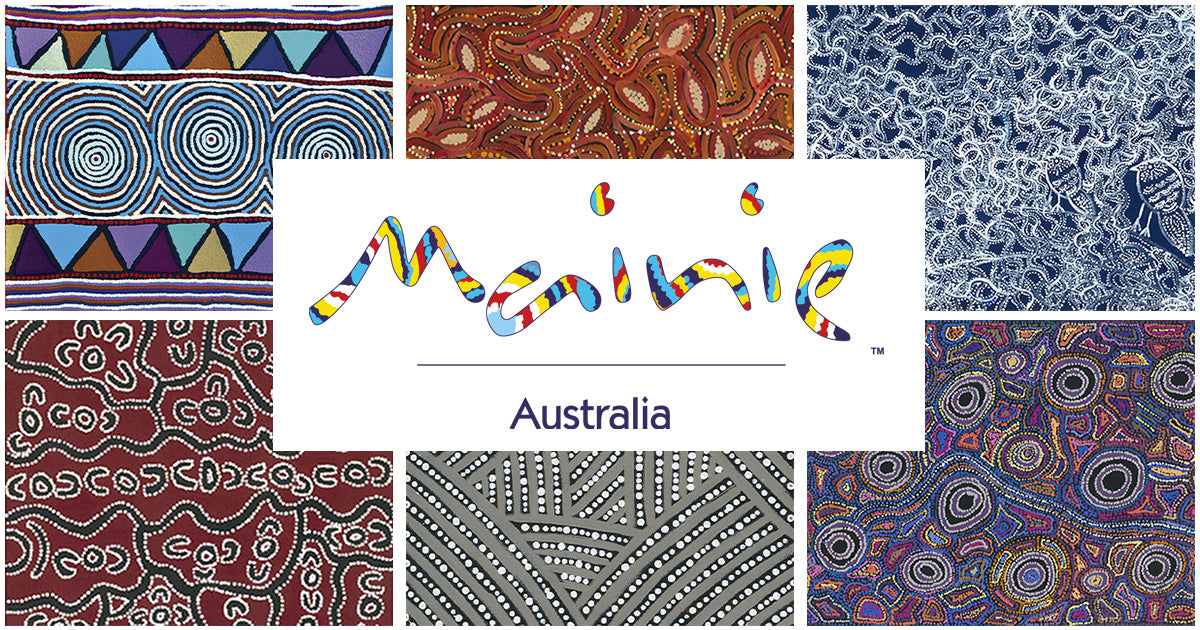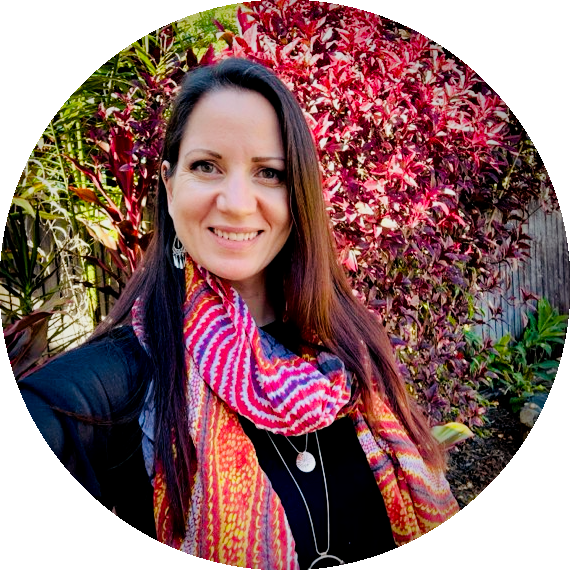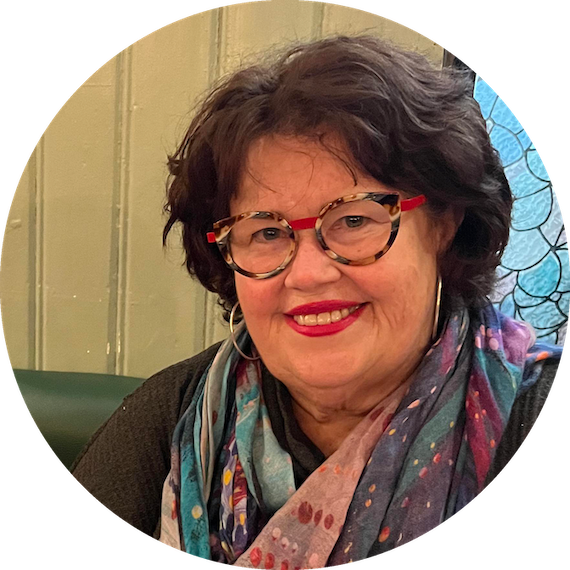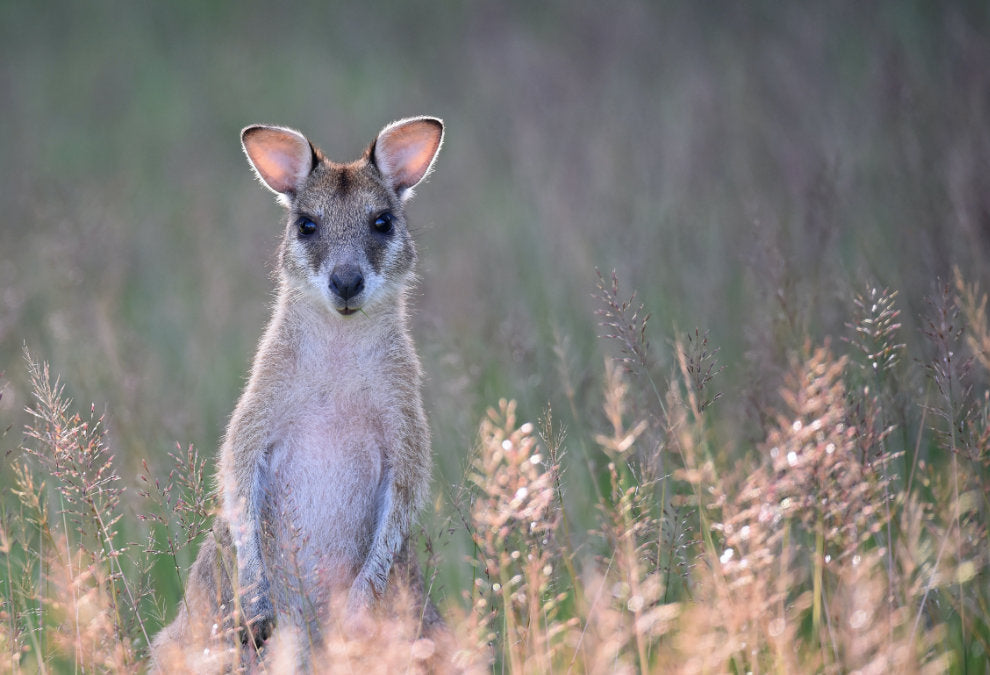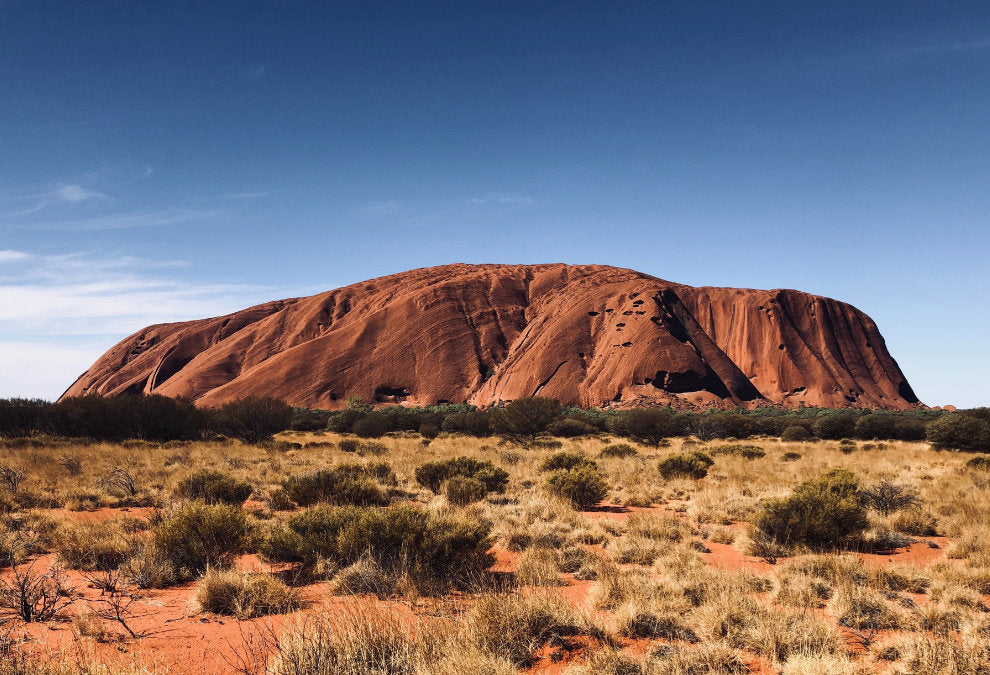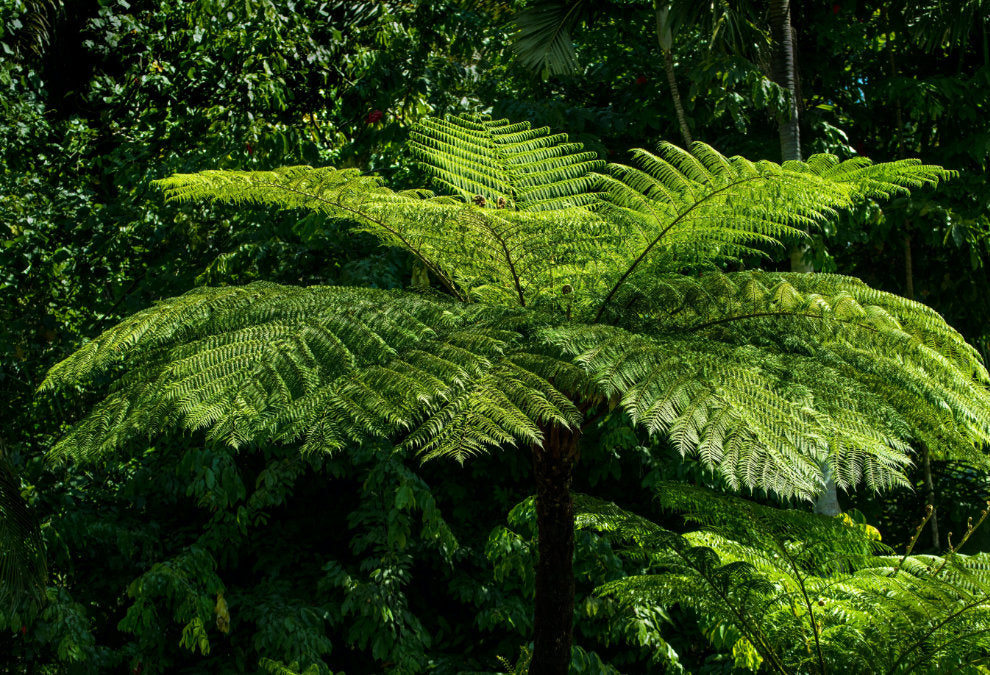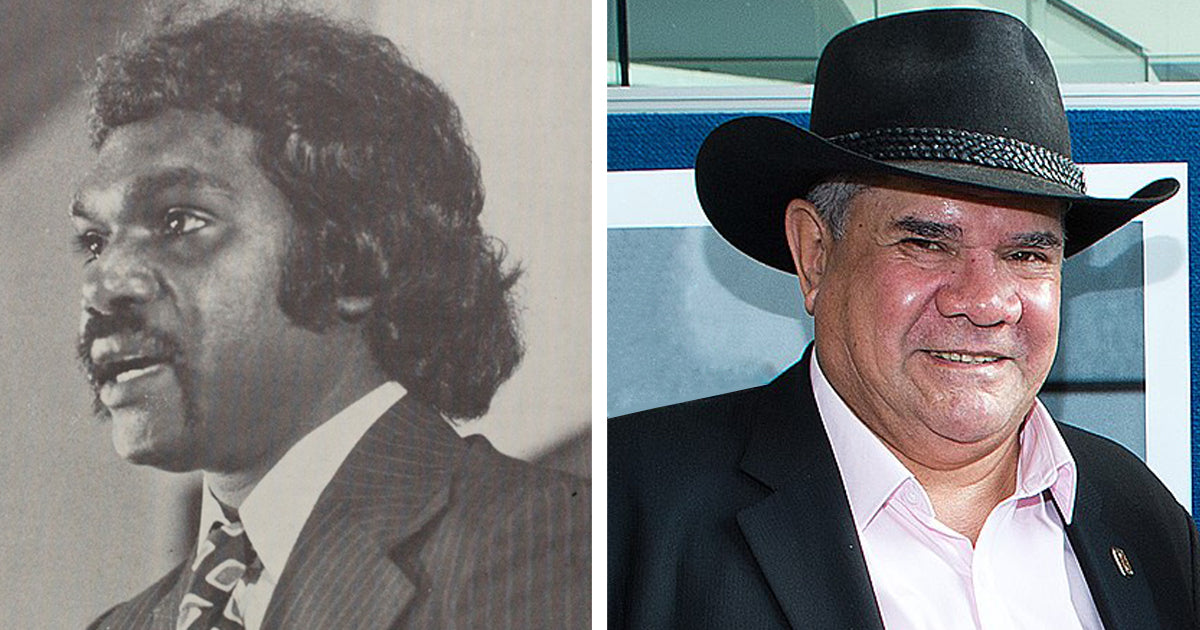
Significant Dates for Indigenous Australians in April
In April, we commemorate the anniversaries of significant events for Australia's First Nations people:
~ April 1789 - The arrival of smallpox in the colony of New South Wales
~ April 1847 - Mass poisoning of Gubbi Gubbi people near Brisbane.
~ April 1867 - “The Leap” Massacre at Mt Mandarana, near Mackay
~ 10 April 1950 - Mick Dodson was born
~ 27 April 1971 - Milirrpum v Nabalco Pty Ltd was decided
~ 3 April 2023 - Galarrwuy Yunupingu passed away
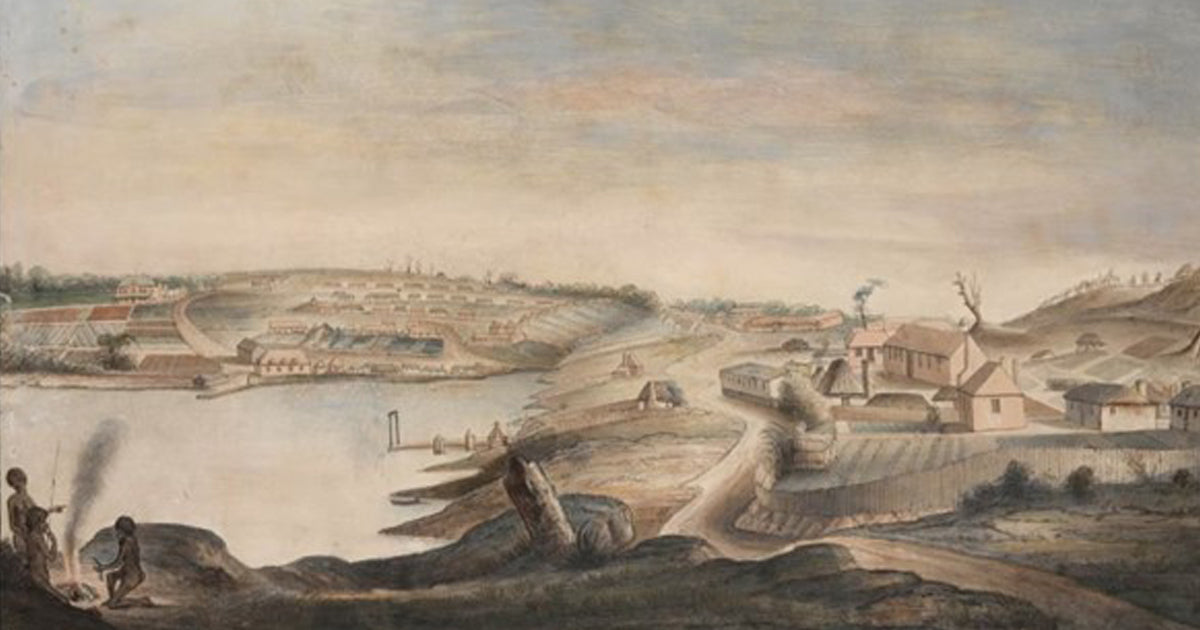 Drawing of Sydney Cove circa 1795 attributed to convict artist Thomas Watling - Mitchell Library, State Library of NSW
Drawing of Sydney Cove circa 1795 attributed to convict artist Thomas Watling - Mitchell Library, State Library of NSW
April 1789 - The arrival of smallpox in the colony of New South Wales
The arrival of smallpox with the first British colonisers in the Sydney region had devastating consequences for the local First Nations peoples.
Smallpox had a particularly deadly impact on the Indigenous populations of Australia because they had no prior exposure or immunity to the disease. It is estimated that up to 70% of those affected died because of the outbreak.
Initially, blame for the outbreak was placed on the French, specifically on the explorer Comte de La Perouse's expedition. However, subsequent analysis suggests this might not have been the case. The true source of the outbreak was likely the "variolas matter" brought by Surgeon John White on the First Fleet.
White intended to use "variolas matter" for variolation, a practice of inoculating individuals against smallpox by introducing a small amount of the virus to stimulate immunity. However, how this material might have infected the local tribes remains unknown.
The spread of smallpox was just the beginning of a series of diseases that ravaged the Indigenous populations of Australia. Influenza, measles, tuberculosis, and sexually transmitted diseases followed, leading to further widespread death and suffering.
The diseases brought by European colonisation had a profound and long-lasting impact on First Nations peoples. Entire generations were affected, and survivors often found themselves without family or community leaders.
The introduction of smallpox and other diseases had catastrophic consequences for the Indigenous populations of Australia, shaping their history and demographics for generations to come.
April 1847 – Mass poisoning of Gubbi Gubbi Aboriginal people.
In April 1847, at the Whiteside sheep station in the Moreton Bay region of South East Queensland, station workers mixed flour with arsenic and left it in a hut with the intention that local Aboriginal people would consume it.
It's estimated by the Centre for 21st Century Humanities that this resulted in the deaths of between 50 and 60 Indigenous people.
This act was in retaliation for an earlier Aboriginal attack on a station worker. The earlier assault on the station worker was a punishment under Aboriginal customary law for a previous incident where three Aboriginal people were murdered, and others injured.
The poisoning incident was reported to the Police Magistrate by a station worker. The worker claimed that when the owner of Whiteside, Captain Francis Griffin and his men left the station for the lambing season, the workers who remained behind deliberately concocted the mixture of arsenic and flour with the intention of poisoning Aboriginal people.
Instances of mass poisonings were not uncommon during British colonisation in Australia. Farmers often resorted to such methods in attempts to eliminate Aboriginal resistance to colonisation and take possession of their ancestral homelands.
Poisoning methods typically involved offering poisoned food and drink to Aboriginal people or leaving it where they could easily find it. Toxic substances used in the sheep farming industry like arsenic and strychnine were commonly used.
Despite documented cases of deliberate poisonings and investigations by authorities, there are no reported instances of convictions against perpetrators.
April 1867 - “The Leap” Massacre at Mt Mandarana, near Mackay.
The tragic massacre of around 200 Yuwibara Aboriginal men, women, and children is a harrowing event that took place in Queensland, typifiying the violent clashes between Indigenous peoples and colonists.
The Yuwibara people were a traditional owner group in the Mackay region. Conflict arose as British colonists began occupying the area around 1860, disregarding tribal boundaries and the hunting rights of the local Indigenous groups.
The massacre at Mt Manadarana occurred after a grazier, John Cook, reported finding one cow dead from spear wounds and another speared but alive on Balnagowan station north of the Pioneer River. Cook summoned the Queensland Native Police, led by Acting Sub-Inspector Johnstone, to drive the local Aboriginal people from their ancestral homelands.
As the Native Police pursued the fleeing Yuwibara people, they sought refuge at Mount Mandarana, using its caves as temporary shelters and hiding places. The Native Police eventually confronted their quarry above a cliff face at the top of the mountain. The Yuwibara people had no choice other than to either face the troopers' carbines or go over the precipice. According to local folklore, all perished in the massacre apart from one young girl.
Contemporary reports, such as that from the Mackay Mercury and South Kennedy Advertiser, justified the massacre as a means of restraining the perceived "savage propensities" of the Aboriginal population, venturing that it was necessary for the safety of colonists and their livestock.
The massacre resulted in a devastating loss of life among the Yuwibara people, with estimates suggesting around 200 individuals were killed. This event contributed to a significant reduction in the Aboriginal population of the Pioneer Valley region, with contemporary observers noting that around 50% of the original population had been killed in the preceding decade.
The massacre reflects the broader trend of violent clashes between Indigenous peoples and settlers during colonisation, characterised by dispossession, conflict over land and resources, and the imposition of colonial authority. The use of deadly force by settlers and authorities, as well as the introduction of diseases, contributed to the decimation of Indigenous populations and the wanton destruction of their culture and traditional way of life.
The legacy of such massacres persists in the ongoing trauma and intergenerational effects experienced by Indigenous communities, as well as in efforts to acknowledge and reconcile Australia's colonial past.
The tragic events at Mount Mandarana underscore the profound injustices inflicted upon Indigenous peoples during colonisation and serve as a reminder of the ongoing struggle for truth, justice, and reconciliation in Australia.
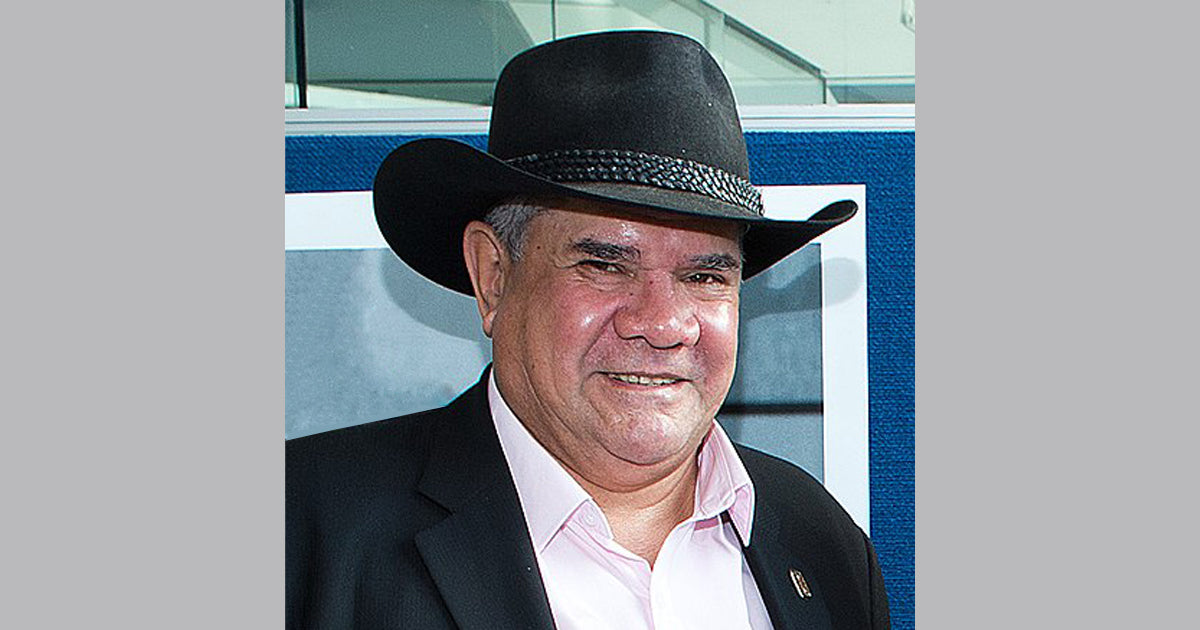
Mick Dodson at the launch of the ANU's National Centre for Indigenous Genomics in 2014
10 April 1950 – Mick Dodson was born
Michael James Dodson AM is a prominent figure in Australia, particularly known for his advocacy for Indigenous rights and his contributions to the legal field.
Dodson is a member of the Yawuru people, hailing from the Broome area of the southern Kimberley region in Western Australia. His brother, Pat Dodson, is also a notable Aboriginal leader and former senator.
Dodson attended Monivae College in Hamilton, Victoria, following his parents' death. He then became the first Indigenous person to graduate from law in Australia, earning degrees in Jurisprudence and Law from Monash University in 1974.
After graduation, Dodson worked as a criminal solicitor for the Victorian Aboriginal Legal Aid Service before transitioning to become a criminal defence barrister at the Victorian Bar. He specialised in native title law.
Dodson held various academic positions, including serving as Professor of Law at the Australian National University and directing its National Centre for Indigenous Studies. He also lectured at prestigious institutions such as the University of Arizona and Harvard University.
Dodson has been a tireless advocate for Indigenous rights, both in Australia and internationally. His efforts have earned him recognition, including being named Australian of the Year in 2009. He has also been involved in the United Nations Permanent Forum on Indigenous Issues.
Dodson retired from the Australian National University in March 2018 but remained active in advocacy work. He signed an open letter in 2023 supporting the Yes vote in the Indigenous Voice referendum.
Dodson has received numerous honours throughout his career, including being named an Australian Living Treasure, receiving the Member of the Order of Australia (AM), and being made a Fellow of the Academy of the Social Sciences in Australia.
Dodson continues to be active in issues related to government, justice, and crime prevention, particularly concerning Indigenous peoples.
Dodson's life and work represent a significant contribution to Indigenous rights and the legal field in Australia and beyond.
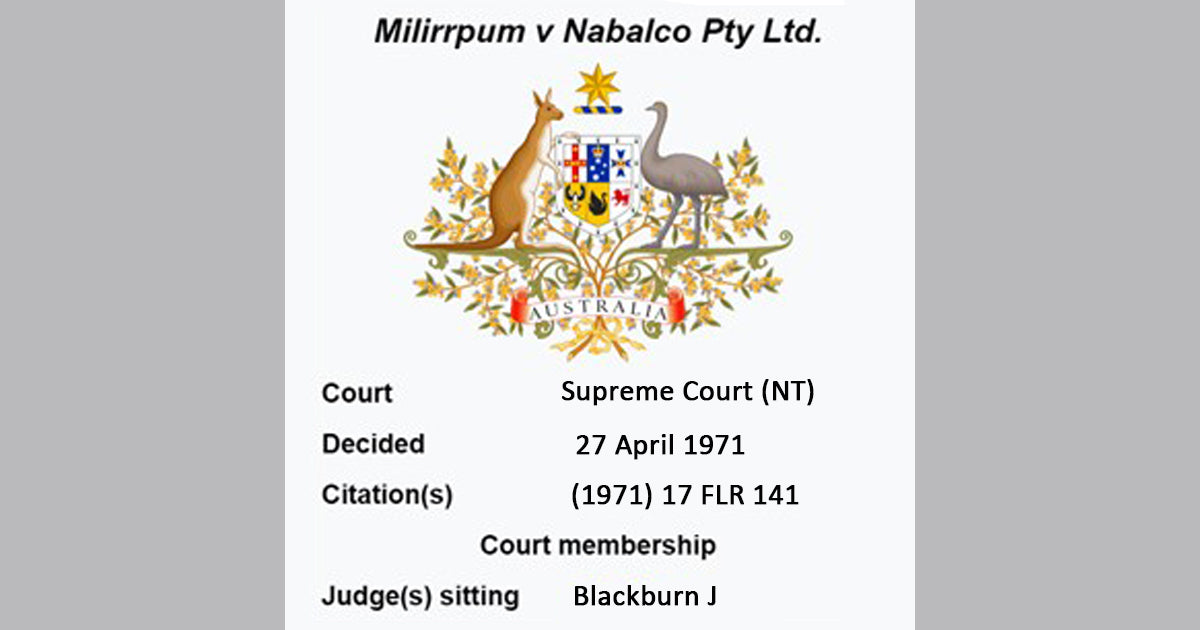
27 April 1971 - Milirrpum v Nabalco Pty Ltd was decided.
The Milirrpum v Nabalco Pty Ltd case, also known as the Gove land rights case, marked a significant milestone in the legal history of Indigenous land rights in Australia.
The case originated from the Yolngu people's opposition to bauxite mining on their traditional lands in the Gove Peninsula, Northern Territory. They argued that they held communal native title over the land and sought to prevent large scale mining activities.
The plaintiffs, represented by elders including Milirrpum Marika, Munffaraway, and Daymbalipu, filed a lawsuit against the Nabalco Corporation, which had secured a mining lease from the Federal Government. They asserted sovereignty over their land and claimed the freedom to occupy it.
Justice Richard Blackburn ruled against the Yolngu claimants, rejecting the doctrine of Aboriginal title and native title. He concluded that native title was not part of Australian law at the time of colonisation and that any potential native title rights had been extinguished. Blackburn emphasised the distinction between “settled” and “conquered” colonies, noting that in so-called “settled” colonies, the Crown had the power to extinguish native title.
While the decision was a setback for Indigenous land rights at the time, it prompted further activism and legal challenges. The case highlighted the need for legal recognition of Indigenous land rights and paved the way for future legal developments in this area.
The case fuelled political discussions and eventually led to the establishment of the Woodward Royal Commission by the Whitlam government. This commission laid the groundwork for the eventual recognition of Aboriginal land rights in the Northern Territory, culminating in the Aboriginal Land Rights Act 1976.
Despite the initial defeat in court, the Milirrpum v Nabalco Pty Ltd case raised awareness about Indigenous land rights issues and contributed to the ongoing struggle for recognition and restitution. It also demonstrated the importance of legal challenges and activism in advocating for Indigenous rights.
The case had a lasting impact on Indigenous rights movements and legal developments in Australia. It laid the foundation for future legal victories, including the landmark Mabo v Queensland (No 2) case, which recognised native title under Australian law in 1992.
Galarrwuy Yunupingu served as the court interpreter for the case, highlighting his early involvement in Indigenous rights activism. He later became a prominent figure in advocating for Indigenous rights and was honoured as Australian of the Year in 1978 for his work in this field.
Overall, while Milirrpum v Nabalco Pty Ltd initially resulted in a legal setback for Indigenous land rights, it played a crucial role in raising awareness and laying the groundwork for future legal advancements in this area.
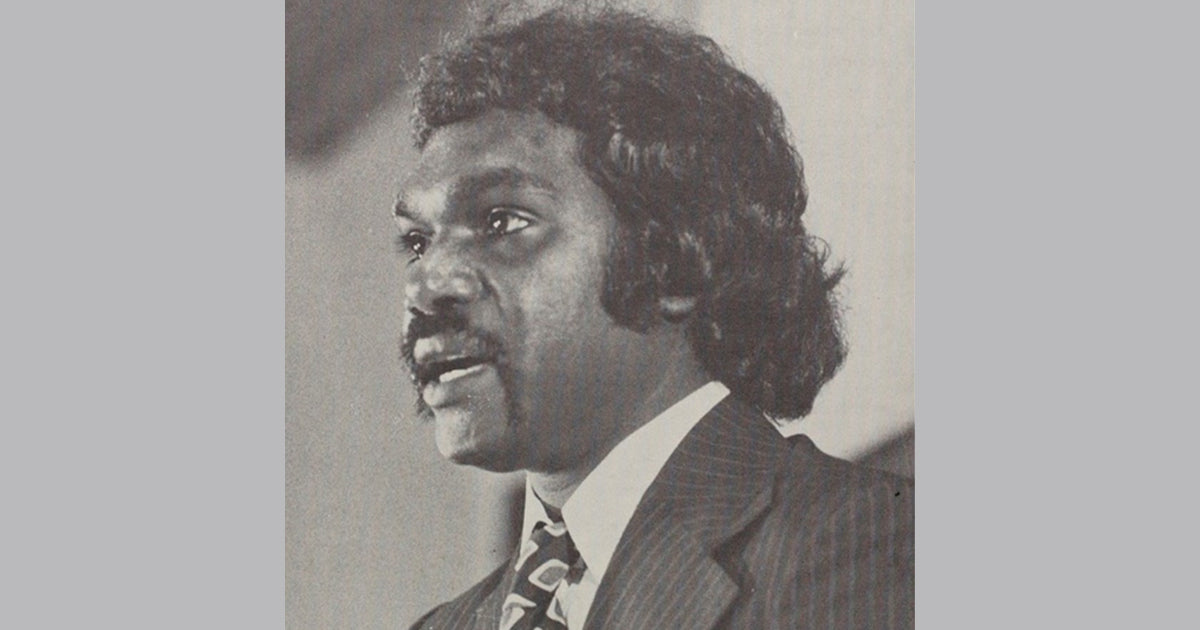
Galarrwuy Yunupingu - January 1979 at the time he was the Chairman of the Northern Land Council)
3 April 2023 - Galarrwuy Yunupingu passed away.
James Galarrwuy Yunupingu AM, born 30 June 1948, also known as Dr. Yunupingu, was a highly respected Indigenous Australian activist and leader, particularly known for his advocacy for Indigenous land rights.
Born in the Melville Bay near Yirrkala, Galarrwuy Yunupingu was a member of the Gumatj clan of the Yolngu people in Arnhem Land, Northern Territory. He hailed from a family of leaders, including his father Mungurrawuy Yunupingu and his brother Mandawuy Yunupingu, the lead singer of Yothu Yindi.
Yunupingu attended the Mission School at Yirrkala and later studied at the Methodist Bible College in Brisbane before returning to Gove in 1967. He became involved in the struggle for Indigenous land rights in the early 1960s, notably contributing to the Yirrkala bark petitions, which challenged mining companies' rights to exploit traditional lands.
Yunupingu played a pivotal role in the Gove Land Rights Case, the first legal action by Indigenous Australians against mining companies. Yunupingu served as chairman of the Northern Land Council (NLC) from 1977 to 1980 and led negotiations with mining and government bodies on behalf of Aboriginal landowners.
In 1988, Yunupingu presented Prime Minister Bob Hawke with the Barunga Statement, outlining Aboriginal political objectives. This led to Hawke's commitment to pursuing a treaty between Aboriginal and other Australians. The band Yothu Yindi, led by Yunupingu's brother, released the song "Treaty" to commemorate the statement.
Throughout his life, Yunupingu advocated for Indigenous rights and social justice, speaking out against poverty and government policies such as "The Intervention." He was named Australian of the Year in 1978 and received numerous honours, including being made a Member of the Order of Australia (AM) in 1985.
Despite facing health challenges, Yunupingu remained active in Indigenous affairs, serving on various councils and committees, including the Referendum Council and the Senior Advisory Group for Indigenous voice to government. He was honoured by Australia Post in 2017 as one of the Indigenous leaders commemorated in a stamp series marking the 50th anniversary of the 1967 referendum.
Yunupingu passed away at the age of 74, leaving behind a legacy of fierce leadership and dedication to Indigenous rights.
Galarrwuy Yunupingu's contributions to Indigenous rights and his leadership in advocating for land rights have left a lasting impact on Australian society, earning him respect and admiration across the nation.


